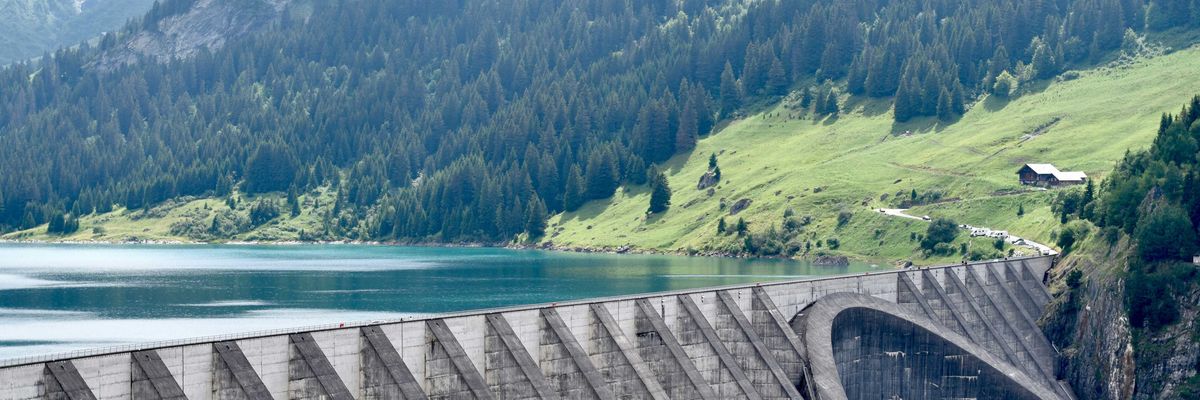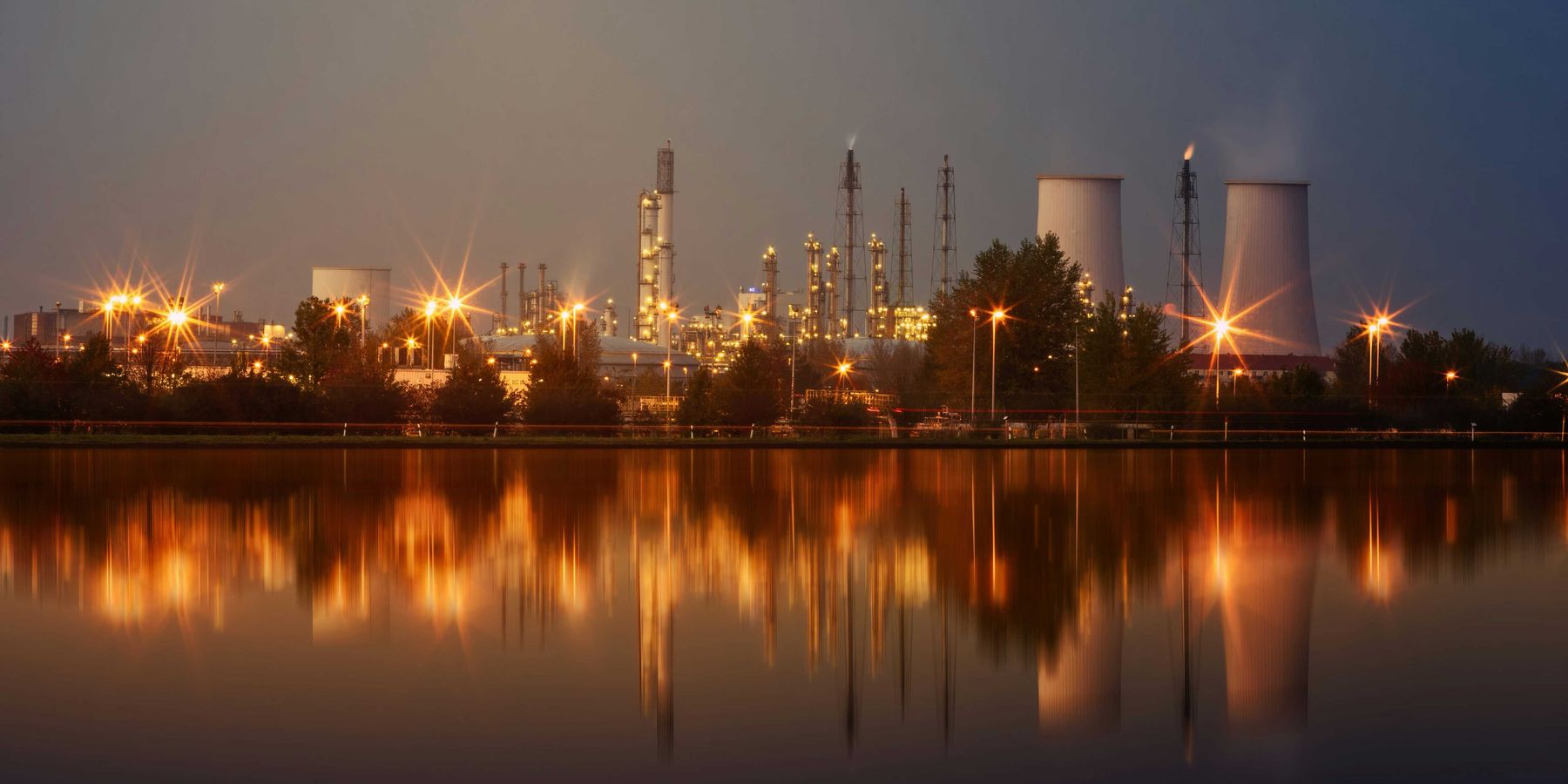florida
Florida cities struggle with climate change as state policy stalls
Florida’s hottest climate and aging population are facing increasing heat-related health risks, but state policy shaped by Governor Ron DeSantis resists comprehensive action.
In short:
- Florida, the hottest state in the U.S., has no statewide plan to address heat-related health risks linked to climate change.
- Local governments and nonprofits are stepping in to fill the gaps left by state policy, though they lack sufficient resources.
- Governor DeSantis has blocked measures that address climate change, focusing instead on limited efforts to manage sea level rise.
Key quote:
“We must adapt to the warming climate, but the decisions we make right now, not addressing the root cause of the problem, is really unacceptable. You cannot adapt your way out of climate change.”
— Susan Glickman, vice president of policy and partnerships at the CLEO Institute
Why this matters:
Florida’s vulnerability to climate change endangers public health, especially for its older population. Without comprehensive state action, these risks will likely worsen, leaving local efforts insufficient to meet growing challenges.
Read more:
Florida farmland faces threats from development and climate change
Florida's agricultural land is rapidly shrinking due to increasing development and climate change, jeopardizing the state's position as a major supplier of fresh winter produce in the United States.
In short:
- Florida's farms, which provide a large portion of the nation's winter produce, are at risk of being converted to residential and commercial uses by 2070.
- Climate change and rising sea levels also threaten Florida's agricultural land, potentially reducing the state's capacity to produce fruits and vegetables.
- Florida farmers face financial pressure due to competition with Mexican imports and lack sufficient legal protection against land conversion.
Key quote:
“Once farmland is converted to a neighborhood, it can’t reverse back. If you lose farmland, it is gone.”
— Zhengfei Guan, agricultural economist
Why this matters:
The loss of Florida's farmland could disrupt the U.S. winter produce supply and increase reliance on imported fruits and vegetables. This dependency raises concerns about pesticide use and food security, impacting both health and environmental sustainability.
Emergency response systems fail Florida farmworkers during disasters
Florida's emergency response systems left farmworkers stranded and unsupported during Hurricane Idalia, highlighting the need for more inclusive disaster planning and better communication.
In short:
- A new report reveals that disaster response efforts in Florida neglect farmworker communities, exacerbating their vulnerability during events like Hurricane Idalia.
- Emergency management systems often overlook crucial factors like immigration status and language barriers, which are vital in providing effective aid to farmworkers.
- Community organizations are stepping in to bridge the gap, creating their own frameworks and plans to ensure these workers receive necessary resources.
Key quote:
“We continue to see the same issues. This is the consequence of the inequalities that we have within our system.”
— Fernando Rivera, a sociologist who studies disasters at the University of Central Florida
Why this matters:
Farmworkers are essential to the agricultural economy, yet they remain largely unprotected in disaster scenarios. Addressing these systemic issues is crucial for equitable emergency responses, especially as climate change increases the frequency and severity of such events.
Related: Op-ed: Farmworkers’ vicious cycle of precarious employment, exploitation and climate change
Florida bans the sale of lab-grown meat
Florida has become the first state to ban lab-grown meat, sparking a heated debate on food innovation and public health.
In short:
- Governor Ron DeSantis signed SB 1084, making it illegal to sell, manufacture or distribute cultivated meat in Florida.
- A person could face 60 days in jail and a fine of up to $500 if they are found guilty of breaking the law.
- Upside Foods and GOOD Meat, companies authorized to sell lab-grown meat accused the law of protecting traditional agriculture interests.
Key quote:
"We believe that cultivated meat is essential for the future of food and people should have the right to choose what they eat."
— Dr. Uma Valeti, CEO and founder of Upside Foods.
Why this matters:
Banning cultivated meat could stifle innovation and limits consumer choice. As lab-grown meat could offer environmental and ethical benefits, such legislation may hinder progress towards more sustainable food production methods.
Florida's new law mandates flood history disclosure for homebuyers
Florida's new law requires home sellers to disclose flood history to buyers, aiming to mitigate risks in vulnerable areas.
In short:
- The law mandates that sellers provide flood history information, including past insurance claims and federal aid, before a sales contract is executed.
- Florida was one of 18 states without a flood disclosure requirement, despite being highly susceptible to flooding due to climate change.
- While the law is a step forward, it has loopholes and does not require disclosure if no insurance claim was filed or if the property is in a flood zone.
Key quote:
“Having the information will help buyers make more informed and better decisions about protecting what is likely to be their single biggest asset, their homes.”
— Rachel Cleetus, policy director of the Union for Concerned Scientists
Why this matters:
Disclosing flood history helps protect buyers and could prompt better planning decisions in flood-prone areas. However, gaps in the law may leave some risks unaddressed, highlighting the need for more comprehensive measures.
Related EHN coverage:
Hurricane Ian disrupts IVF treatment for Florida couple
A Florida couple's hopes for a baby were shattered when Hurricane Ian forced the cancellation of their long-awaited IVF procedure.
In short:
- Kirsti and Justin Mahon had spent years and significant financial resources on IVF to overcome infertility.
- Their final embryo transfer was canceled due to Hurricane Ian, causing emotional and financial strain.
- IVF clinics, like many infrastructures, are vulnerable to climate change-induced storms, complicating already delicate procedures.
Key quote:
“Clearly, climate change means you are having more extreme weather events, and [I] think that, like every other part of society, from homeowners to hospitals, fertility clinics have to think a bit more about how they can build more resilient systems.”
— Scott Tipton, chief advocacy and policy officer with the American Society of Reproductive Medicine
Why this matters:
Climate change is intensifying storms, disrupting critical medical treatments like IVF. As extreme weather events become more frequent, the need for resilient healthcare infrastructure grows, impacting the emotional and physical well-being of vulnerable individuals and families.
Meteorologist criticizes DeSantis for removing climate change references from state law
A Miami TV meteorologist criticized Florida Gov. Ron DeSantis for signing a bill that removes most references to climate change from state law.
In short:
- Steve MacLaughlin of NBC Miami condemned the new measure on social media, citing the urgency of climate change impacts on Florida.
- MacLaughlin highlighted extreme weather statistics, emphasizing the connection between local heat records and climate change.
- The meteorologist encouraged voters to research candidates' stances on climate change and make informed decisions.
Key quote:
“This is happening. If someone tells you it’s not happening, they are either mistaken, or they are lying to you.”
— Steve MacLaughlin, meteorologist for NBC Miami
Why this matters:
Florida faces increasing threats from climate change, including extreme heat, hurricanes, and flooding. Ignoring climate change in state policies may hinder effective responses to these growing risks.









